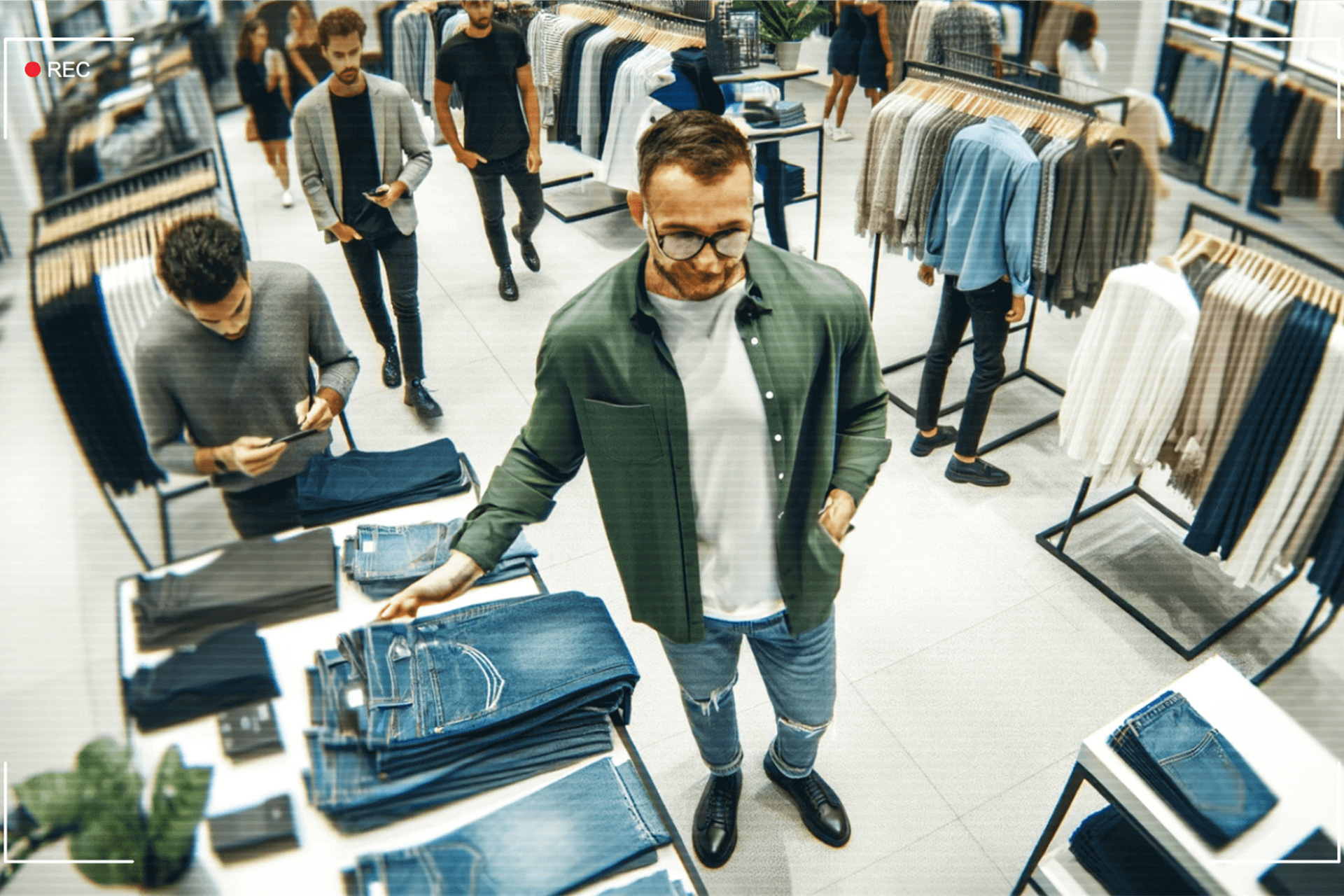Corsight boasts that its technology can accurately identify people even if less than 50% of their faces are visible (Corsight)
Israel deployed a large-scale facial recognition tracking program in the Gaza Strip and created a database of Palestinians without their knowledge or consent, according to The Verge, citing a New York Times report.
The program, which was created after the October 7 attacks, uses technology from Google Photos, as well as a custom tool designed by Tel Aviv-based Corsight to identify people affiliated with Hamas.
The facial recognition program was created in conjunction with the Israeli military offensive in Gaza, according to a New York Times report.
After the October 7 attacks, officers in the IDF's Unit 8200, the IDF's main intelligence unit, identified potential targets by watching security camera footage and videos that Hamas had uploaded to social media. The soldiers also asked the Palestinian prisoners to identify people from their communities who belong to Hamas.
Corsight, which boasted that its technology could accurately identify people even if less than 50% of their faces were visible, used these images to build a facial recognition tool that Israeli officers could use in Gaza.
In order to further build its database - and identify potential targets - the Israeli army set up checkpoints equipped with facial recognition cameras along the main routes Palestinians use to flee south.
One officer told the New York Times that the goal was to create a “hit list” of people who participated in the October 7 attack.
Troopers told the New York Times that Corsight's technology was not always accurate, especially when it relied on grainy footage or images in which people's faces were obscured.
In some cases, Corsight mistakenly identified people as being linked to Hamas. One such case involves the Palestinian poet Musab Abu Toha, who was picked up from an Israeli military checkpoint on the central highway in Gaza in mid-November while trying to leave Gaza for Egypt with his family.
The regime had marked Abu Toha as being on the Israeli list of wanted persons. Israeli officers held Abu Toha in a detention center, where he was beaten and interrogated for two days before being returned to Gaza without explanation.
The Israeli army has integrated Corsight's technology with Google Images - which, unlike Corsight, is free to use - the soldiers said in the newspaper's report.
Corsight Company focuses on selling its products to government, law enforcement and military uses (Corsight)
Intelligence officers uploaded databases of “known persons” to Google Images and used the image search function to further identify the people. One of the officers said in the report that Google Photos can recognize people even when only a small portion of their faces are visible, making it better than other tools, including Corsight.
Corsight executives and financiers have expressed a desire to assist the Israeli military in its ongoing war in the Gaza Strip.
In an op-ed for The Jerusalem Post last October, Aaron Ashkenazi, founder and managing partner of Canadian fund Awz Ventures, which led a $5 million Corsight funding round in 2020, wrote that Awz was providing Israel with “technological tools.” To stop these terrorist attacks." Most of the companies in OZ's portfolio operate in the artificial intelligence and cybersecurity sectors.
Last October, some hospitals in Israel began using CorSight's technology to identify patients, Forbes reported at the time.
According to a Forbes report, Corsight's technology was able to take photos of people "whose features have been affected by physical trauma, and find a match between photos sent by the relevant family members."
Corsight focuses on selling its products to government, law enforcement, and military uses, according to The Verge.
The company said in 2020 that its technology could recognize masked faces. Two years later, Corsight claimed to be developing a tool that could create a model of a person's face based on their DNA.
Last year, Corsight worked with the Metropolitan Police in Bogotá, Colombia, to track down suspects in murders and robberies on the public transportation system, according to The Verge.
Source: websites

